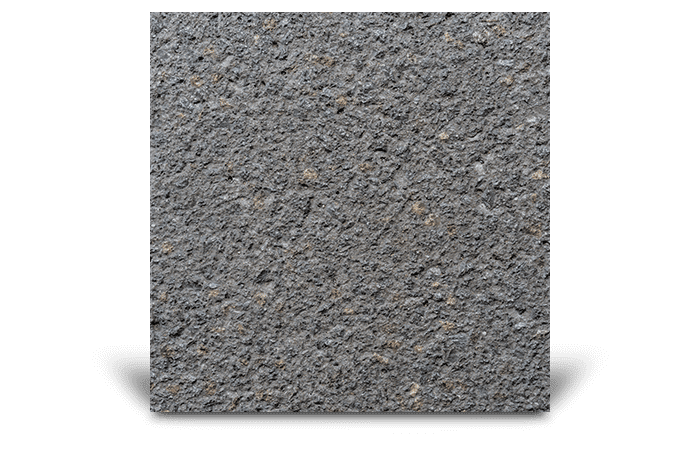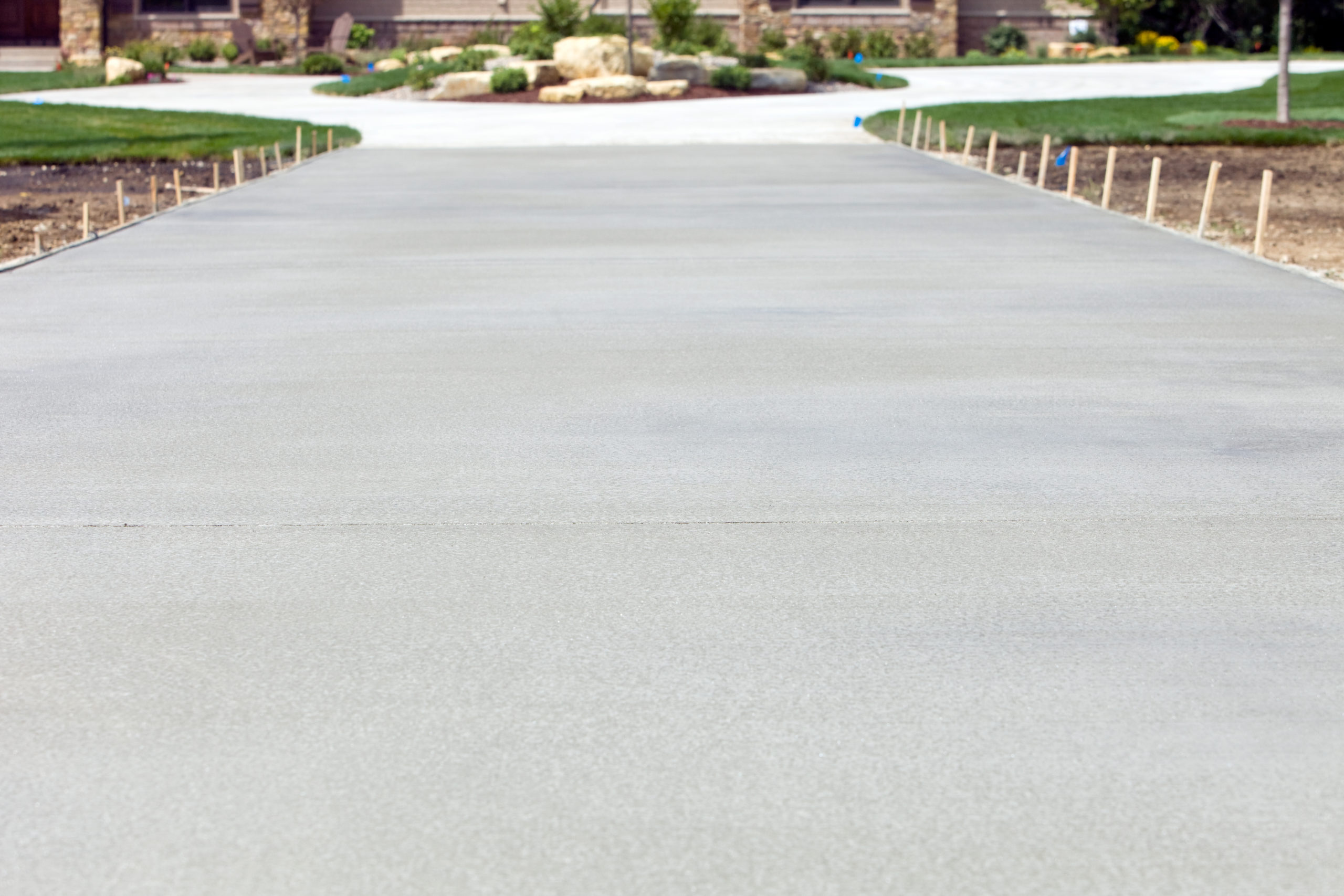Experienced Concrete Contractors: Relied On for Top Quality and Performance
Experienced Concrete Contractors: Relied On for Top Quality and Performance
Blog Article
Revealing the Eco-Friendly Advantages of Using Recycled Concrete in Sustainable Building Practices
In the realm of sustainable building practices, the application of recycled concrete stands as a pivotal yet often underestimated source. Past its traditional applications, recycled concrete deals a myriad of environmentally friendly advantages that expand far past the confines of conventional construction products.
Environmental Advantages
By integrating recycled concrete into building and construction methods, there is a substantial decrease in the requirement for brand-new raw materials, leading to preservation of natural sources. Furthermore, the use of recycled concrete reduces the amount of waste being sent out to land fills, thus reducing ecological pollution and reducing the strain on land fill capacities (Concrete).

In contrast, recycled concrete has a lower carbon impact as it decreases the need for new concrete manufacturing. Generally, the environmental benefits of utilizing recycled concrete are considerable and play an important function in promoting green building and construction approaches.
Cost-Efficiency
When examining the use of recycled concrete in construction jobs,Attaining cost-efficiency is a critical factor to consider. Among the key benefits of making use of recycled concrete is its cost-effectiveness compared to standard concrete. The production of recycled concrete includes less energy and sources as it makes use of existing products, minimizing the total project expenses dramatically. Furthermore, the availability of recycled concrete locally can additionally decrease transport expenditures, making it a much more economical choice for building tasks.
Furthermore, using recycled concrete can cause financial savings in land fill prices by drawing away concrete waste from disposal websites. This not just minimizes the ecological impact yet likewise gets rid of the expenses related to waste removal. The sturdiness and performance of recycled concrete are comparable to conventional concrete, making certain that cost financial savings do not endanger the high quality of the building.
Sturdiness and Strength
Considering the significant cost-efficiency advantages of making use of recycled concrete, it is essential to analyze its longevity and toughness in building applications. Recycled concrete offers equivalent, otherwise exceptional, resilience and strength homes to traditional concrete. Via improvements in processing strategies and quality assurance, recycled concrete can fulfill or surpass the performance standards of standard concrete. The procedure of recycling concrete entails squashing, sorting, and evaluating old concrete to produce accumulations that can be used in brand-new building tasks. These recycled aggregates are qualified of offering acceptable compressive toughness, sturdiness, and lasting efficiency.

Waste Decrease
When it comes to making use of recycled concrete, waste decrease is a vital advantage that contributes substantially to ecological conservation. By incorporating recycled concrete into building and construction tasks, this waste is repurposed and drawn away from garbage dumps, decreasing the overall ecological influence of building activities.
Additionally, the use of recycled concrete can lead to set you back savings for building tasks, as it is typically extra affordable than sourcing and delivering new products - Concrete. In final thought, waste reduction with the utilization of recycled concrete is an essential component of lasting building techniques that profits both the construction and the setting sector as a whole.
Energy Preservation
Energy preservation is an essential aspect of sustainable building and construction techniques, intending to lower the general power consumption associated with building procedures and products manufacturing. Considerable energy financial savings are achieved compared to he has a good point conventional concrete production when it comes to using recycled concrete in building. The link procedure of producing recycled concrete involves squashing and recycling existing concrete products, which consumes less energy than mining, processing, and carrying resources for new concrete production. Additionally, using recycled concrete can help lower the demand for virgin aggregate, further minimizing the energy-intensive removal and handling of natural resources.
Conclusion
In verdict, the application of recycled concrete in lasting building methods offers countless ecological advantages, cost-efficiency, toughness, stamina, waste reduction, and power conservation. By including recycled concrete into construction tasks, we can contribute to an extra ecologically pleasant and sustainable future. It is crucial for the building and construction market to prioritize using recycled materials to help in reducing the ecological effect of construction tasks.
One of the essential benefits of utilizing recycled concrete is its cost-effectiveness contrasted to conventional concrete.In addition, the usage of recycled concrete can lead to savings in garbage dump costs by drawing away concrete waste from disposal sites. The longevity and efficiency of recycled concrete are comparable to traditional concrete, ensuring that price financial savings do not compromise the high quality of the building and construction.

Report this page